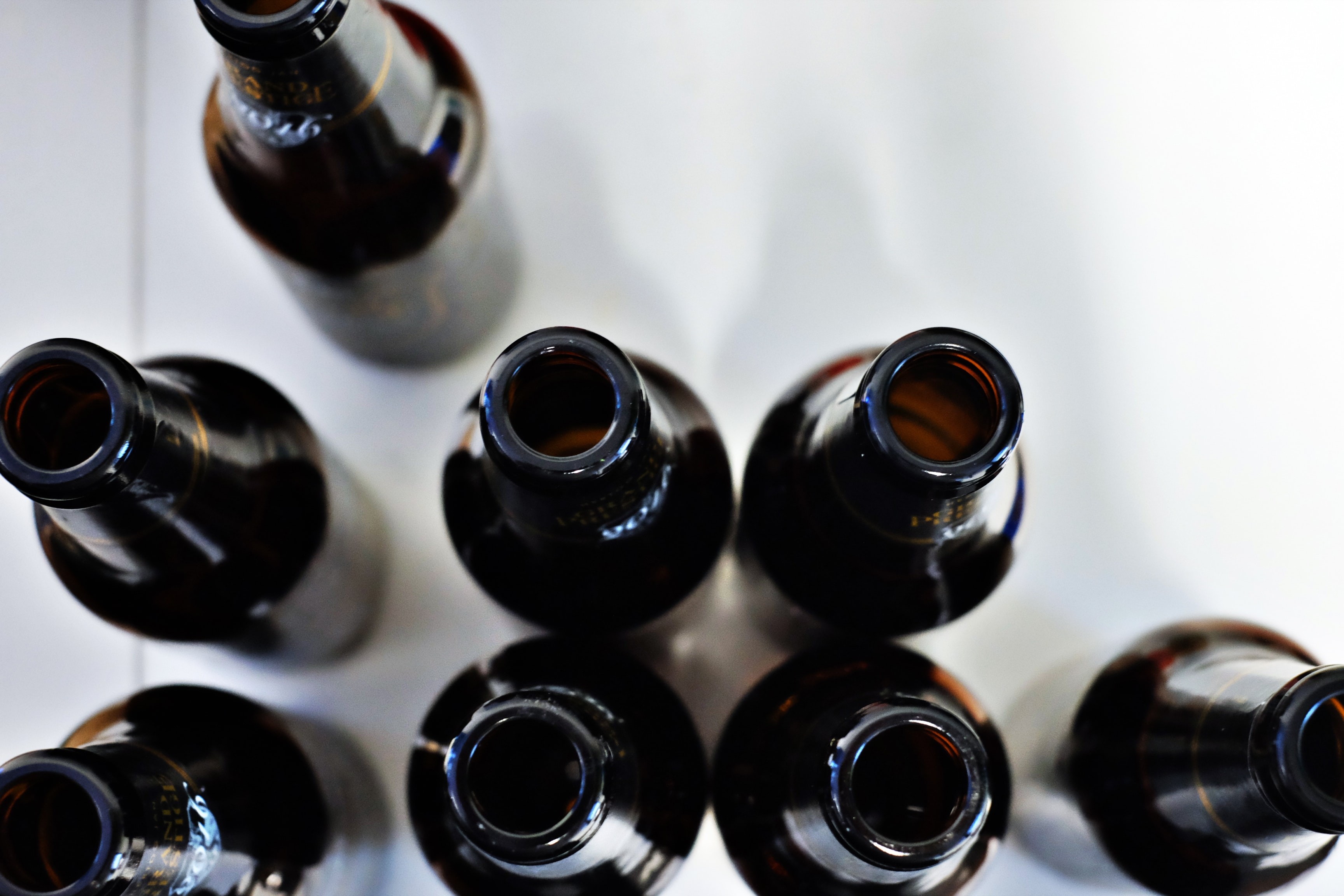 Photo by Thomas Picauly on Unsplash
Photo by Thomas Picauly on Unsplash
Memphis began a slow reopening this week, but many businesses are choosing to remain closed.
Many Memphians have voiced that they’ll continue to stay at home — even as orders are lifted — until science-backed data proves the coronavirus threat has waned. While most of us have already been sheltering in place for seven weeks and have felt the strains of isolation, some in recovery have found it harder to stay sober.
“We’ve been told — mandated — to isolate, yet they tell us to isolate as an alcoholic is basically to dig your own grave,” says Jim, who has 24 years of sobriety and before the pandemic attended in-person, 12-step meetings daily. He understands the added pressures amid COVID-19.
“We’re going against everything the program has taught us as far as not being that lone wolf and being open and transparent to others,” Jim says. “Now, we’re kind of in a position where we can’t do that. It’s a tough time.”
Jennifer* had been sober for 116 days before she cracked open a beer in April.
“It was partly out of boredom,” she says. “But there was a lot of anxiety there, too, that built up over a couple of weeks of reading news stories and seeing stats. It has been a scary time. I felt like I needed a reprieve.”
She also saw a lot of people posting on social media about day-drinking or having a nightly glass of wine to get through the stress.
“I thought, ‘It should be OK for me to do it, then,’” Jennifer says. “But I ended up falling right back into my binge-drinking. Where some people can just have a couple, I have six or seven. It does not feel good the next day.”
Jennifer did not attend support meetings, but others who normally do have felt the pang of missing personal interactions with fellow addicts in recovery.
[pullquote-1]
Robert* is a recovering heroin addict who regularly attends 12-step meetings here in Memphis.
“Just about every meeting right now is being run on Zoom,” he says. “It’s definitely a thing being shared about — how hard it is staying sober and working a program during this time.
“You don’t get to feel the energy that’s in certain rooms, but I and plenty others are grateful for the Zoom platform. The step work that comes with working a program and the fellowship in general is a lot more difficult to navigate because most people don’t really want to meet [online], but people stay on Zoom after meetings for people who want to talk and need to talk.”
Dr. Joseph Sitarik, a medical director at Addiction Campuses, which operates the Turning Point alcohol and drug rehab center in Southaven, Mississippi, agrees that these are trying times for addicts.
“The basis of this disease is that it feeds on fear, isolation, separation, boredom — and the whole country is going through that right now,” says Sitarik. “So, people in recovery, especially, need to focus on their mental, physical, and emotional health; develop routines, get up, get dressed, get out of the house if they can, go walk in the park or a rural area, get some exercise, but also try to remain connected.
“Just certainly resist the urge to self-medicate,” Sitarik says. “Reach out to people, call … I’m in recovery, and I call my sponsor often. Stay connected with your support groups that have helped your sobriety.”
Jim points out that it’s hard for all addicts right now, not just those in 12-step programs for alcoholism.
“It’s not only [alcoholics] who are struggling,” Jim says. “There are people in [other programs] who are coming off the needle and they can’t find a meeting and they don’t have a laptop or a phone.
“So, all the fellowships are seeing it. All the casinos are closed now, what about the gambling addicts? Is it a flip of the coin, literally, for a gambler — ‘do I go to an online meeting or an online gambling site?’”
He also points to those who normally attend support groups for families.
“Those who have to live with a guy who hasn’t been to a meeting in weeks, who’s going nuts,” Jim says. “The families are affected and are getting the brunt of it, too.”
[pullquote-2] Sitarik says those in addiction may certainly feel a greater need to self-medicate as they’re made to sit alone with feelings of fear and uncertainty.
“This is a disease that hijacks your brain, and when you’re out there alone with your disease and active in your addiction, you’re not in control,” he says. “Your disease pretty much dictates where you go, who you’re with, what you do, and how long you’re going to do it.”
Sitarik says there is no shame or guilt in receiving treatment, if needed.
“Getting into a facility is as safe as it’s ever been and certainly safer than it can be at home,” he says. “If there’s a fear and a resistance to come into a facility at this time, it may be the safest place for them right now.
“Many of the barriers to treatment have been removed. Some people are off work. Some people do recreational activities, their vacations have been canceled.”
In the meantime, Sitarik recommends to “stay healthy, mentally, physically, and spiritually. Stay connected. Reach out. And don’t be afraid to ask for help if you slip.”
If you’re struggling with alcohol addiction, the Memphis Area Intergroup Association of Alcoholics Anonymous is answering phones 24/7 during the COVID crisis. They can be reached at 901-454-1414. For information on local online support meetings, click here.
*Some names in this story have been changed for anonymity.